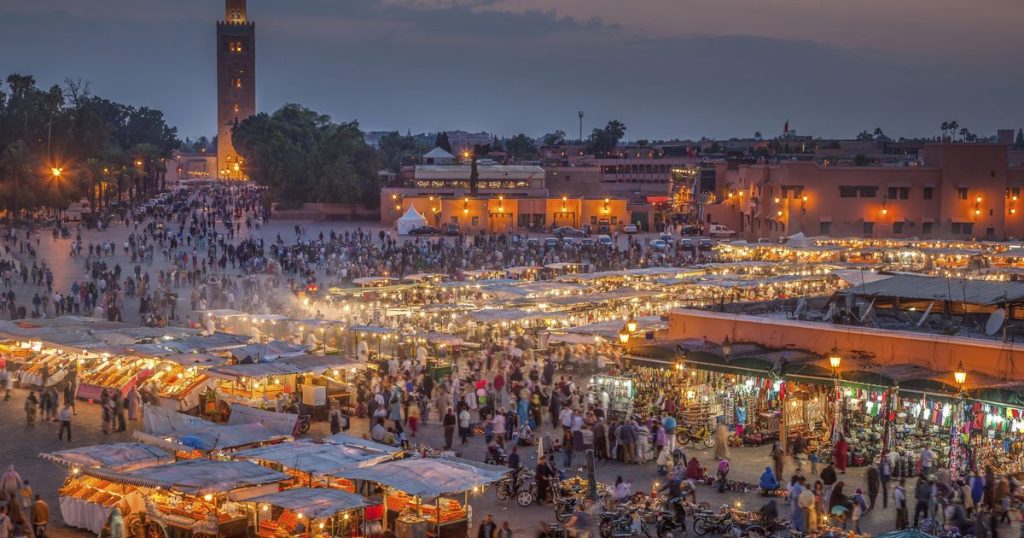The Foreign Office has updated its travel advice for Brits heading to Egypt and Morocco following an attack by Iran on Israel. The warning states that the situation is changing rapidly, and advises monitoring travel advice and media updates. Egypt and Morocco have become popular travel destinations due to their value resorts and sunny weather. However, in light of recent events, the travel advice has been updated on the government’s website. The warning urges travellers to stay informed through social media channels such as Twitter, Facebook, and Instagram.
Egypt, which shares a border with Israel, has several travel warnings in place. The Foreign Office advises against travel within 20 km of the Egypt-Libya border, except for the town of El Salloum. Areas like North Sinai, South Sinai, and the Western Desert are also considered high-risk due to the threat of terrorist attacks. The advice mentions a general global threat of terrorism that affects British nationals, including those in the tourism, humanitarian aid, journalism, or business sectors. Increased security measures are in place at tourist sites, and travellers are warned about the risk of kidnappings by terrorist groups.
Morocco, another popular destination, has also received updated travel warnings from the Foreign Office. Following the attack by Iran on Israel, the likelihood of terrorist attacks in Morocco has increased. There is a heightened threat from groups sympathetic to or belonging to extremist organizations like Daesh. While there have been no recent kidnappings of foreign nationals in Morocco, the possibility cannot be ruled out. British travellers are advised to remain vigilant at all times and take necessary precautions against potential threats.
The security presence in Egypt is significant, with armed officers stationed at important sites, critical infrastructure, and road checkpoints. Travellers are especially cautioned against visiting religious sites and participating in events like Ramadan and Christmas, as these periods are more vulnerable to terrorist attacks. The advice mentions the risk of kidnapping near border and remote desert areas, emphasizing that British nationals may be perceived as targets for such incidents. Specific regions like Sharm el Sheikh in Sinai are also highlighted as places where travel should be avoided.
In Morocco, authorities have routinely disrupted terrorist cells, but the threat of attacks remains high. The country has seen an increase in the number of individuals sympathetic to extremist groups, raising concerns about possible terrorist activity. The travel advice highlights the global risk of terrorism aimed at British nationals and interests. While ongoing efforts to counter terrorism are in place, travellers should be aware of the potential danger. It is emphasized that vigilance and caution are crucial when visiting destinations in Morocco, particularly during religious festivals and other significant events.
Overall, British travellers planning trips to Egypt and Morocco are advised to exercise caution and keep abreast of travel warnings and updates. The recent events in the Middle East have heightened security concerns in both countries, prompting governments to issue new guidelines for tourists. By staying informed and taking necessary precautions, travellers can reduce the risk of being caught in dangerous situations. It is essential to follow the advice of local authorities, avoid high-risk areas, and maintain awareness of the potential threats in these regions.


